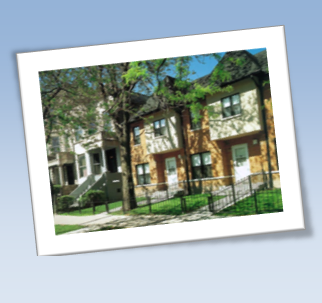Kasler
Associates, P.A. has extensive experience in
Mount
Laurel matters both in
the judicial system and before the Council on Affordable Housing (COAH).
The
firm has assisted communities in obtaining substantive certification from
COAH, and has represented both municipalities and developers before COAH
concerning specific projects and developments.
Additionally, Malcolm Kasler
participated in Mount Laurel cases including two of the six cases
involving the Supreme Court Mount Laurel II decision.
Kasler Associates, P.A. represented the Township of Mahwah
and participated in the first exclusionary zoning case ever filed in the
State of New Jersey.
Malcolm Kasler once served as a court appointed master before the
Honorable Eugene Serpentelli in a matter related to
Hopewell Township.
Jason
Kasler, President of the firm, is a member of COAH’s “Legal, Planning and
Financial Issues Task Force”.
This task force consisted of selected professional planners, attorneys and
governmental officials whose responsibilities include reviewing proposed
legislative modifications to COAH’s rules and regulations.
COAH
has amended and updated their Procedural and Substantive Rules.
Kasler Associates, P.A. has and will continue to provide technical
assistance to public and private clients concerning these new standards and
procedures. The New Jersey
Department of Community Affairs states that
The Council on Affordable housing … announced a new
affordable housing plan that represents a comprehensive overhaul of the
existing system, and uses “growth share” to determine affordable housing
obligation that is consistent with sound planning and smart growth.
This growth share system enables a town to
determine its affordable housing obligation based on actual growth over
time. … The new third round methodology reforms a system that has been
criticized as cumbersome and rigid.
Under the current regulations, COAH assigned
each town a number through a complicated process that was based on projected
growth.
The new methodology establishes a growth share model
that reflects affordable housing obligations based on a town’s actual
growth, ensuing smart growth and sound planning.
This overhaul of the
affordable housing controls for the state of New Jersey requires extensive
analysis and consultation to municipalities and developers alike.





